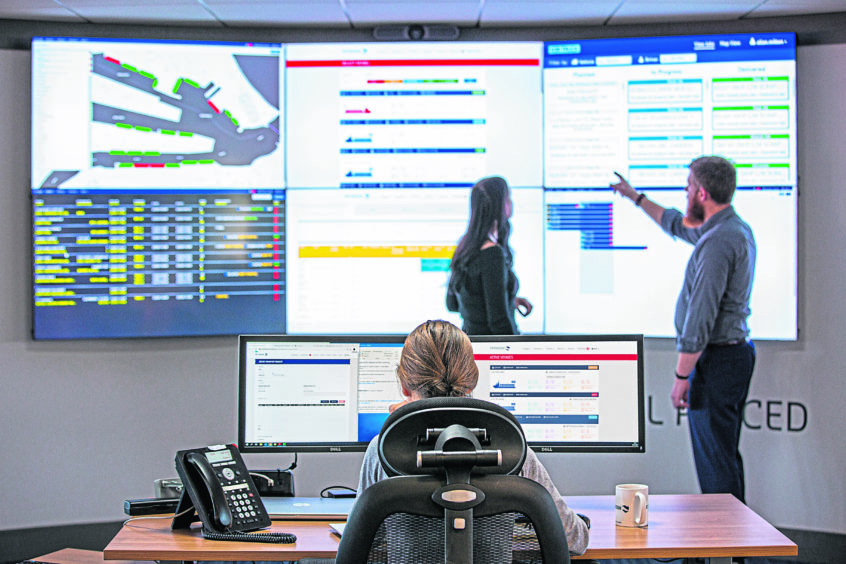
There is no doubt the double hit of Covid-19 and the continuing low oil price has left our industry in crisis – or that collectively we have never had a greater opportunity for meaningful change.
The opportunity is clear – to reshape the entire industry’s supply chain, change the way things have always been done, to work together and forge an alternative route ahead.
Within the oil and gas industry the standard “master and servant” model has stayed largely the same for generations. We need to get to the point where collaboration is taken in its true meaning, in determining a co-operative approach to jointly improving the way we do things, to represent meaningful change. To stop doing what we have always done, which is overprovision, and promote competition over collaboration.
We appreciate that this may not be easy. If it was, it would have happened before now. Change provides opportunity for everyone, but the unknowns and fears that come with it can be its biggest barrier and this must be overcome. We have a responsibility to make a pathway for our future and that future is bigger than any individual or organisation.
We believe the change needs to be driven by the leadership within our industry. The leadership level needs to be made aware of the opportunities on offer to benefit not only their business, but also the wider industry, and test their teams, challenging them to prove their thinking, and to build a culture of inclusion and innovation.
Reshaping the supply chain – the vision for logistics
The largest outlay across the oil and gas supply chain is where multiples are present; where each party operates its own vessels and its own bases, manages its own planning teams and its own complex invoicing systems.
Our vision is for something very different, where operators collaborate based on their geographical area of operation within hub clusters, where we combine bases, platform supply vessels and resources to deliver cargo and supplies to offshore locations.
The industry may believe this should just focus on vessel pooling, but it is much wider than that. Economies of scale can be reached through a broader asset sharing vision, and outsourcing of services, and with transparent visibility and auditable controls, we can together realise the financial savings and environmental benefits a new model will deliver.
This is something we have already put into action in the UKCS, with the introduction of the Central and Northern North Sea (CNNS) pool three years ago. By planning ahead and consolidating cargo from multiple locations, we use shared vessels to deliver the cargo in a logical, transparent manner, without any compromise in service or delivery.
The CNNS Pool is built on the experience and expertise we have gained from successfully running the same model in the Southern North Sea (SNS) for more than 25 years.
The savings – financial and environmental – can be truly significant. To give some context, in addition to generating millions of pounds of savings for pool members, in the past three years the two pools (CNNS and SNS) have saved more than 66,000 tonnes of carbon dioxide emissions between them.
That’s the equivalent of 13,000 cars driven for one year, 149 million car miles, 7m gallons of gasoline, 6m gallons of diesel and 66m pounds of coal.
The logical question to ask is: What’s in it for Peterson? We must have an ulterior motive, right? No, but through our experience, built over more than 50 years, we know operators simply cutting the costs of services from the supply chain is not sustainable.
We want instead to help drive meaningful change for the next generation,
be that to maximise economic recovery, support the energy transition, or leave a successful legacy for our regions and our children long after we retire.
Unless we change the mentality, then those opportunities will sadly remain out of our reach.
Murdo MacIver is chief operating officer at Peterson Energy Logistics
Recommended for you
